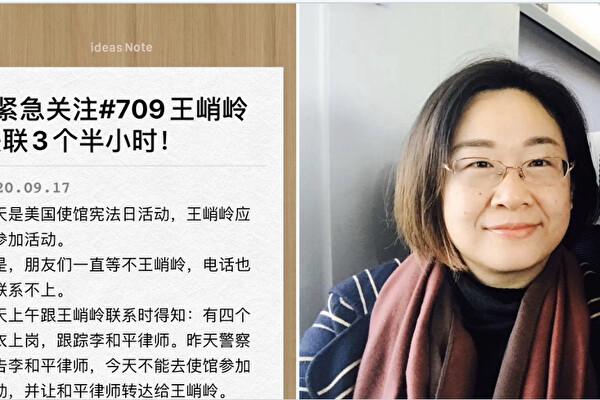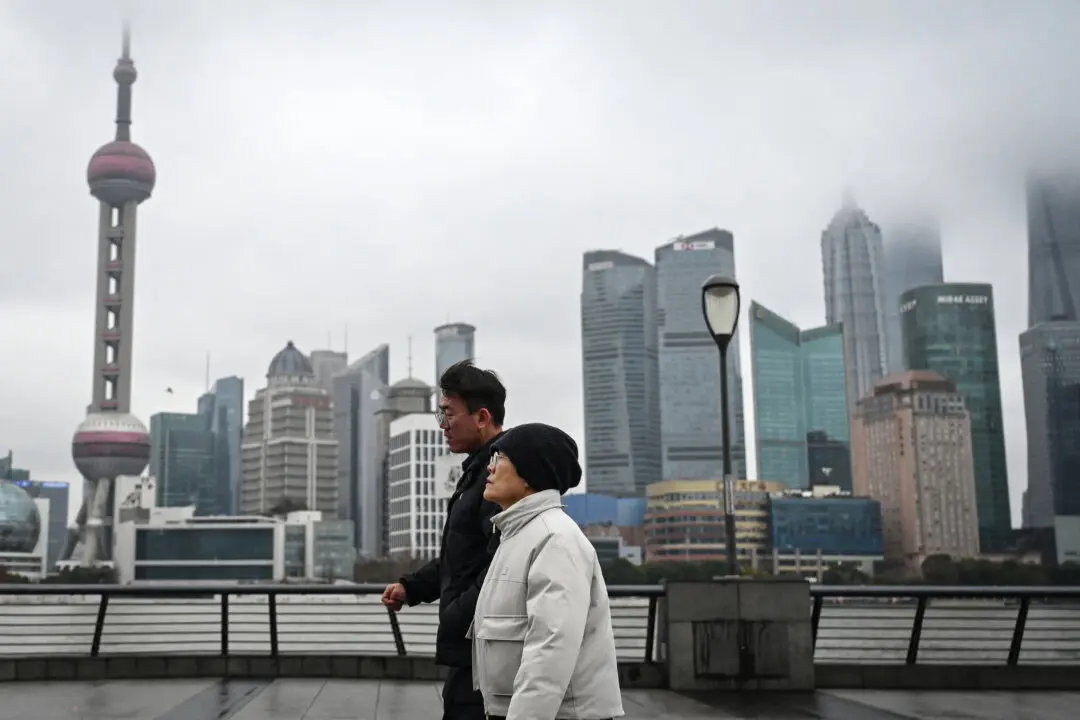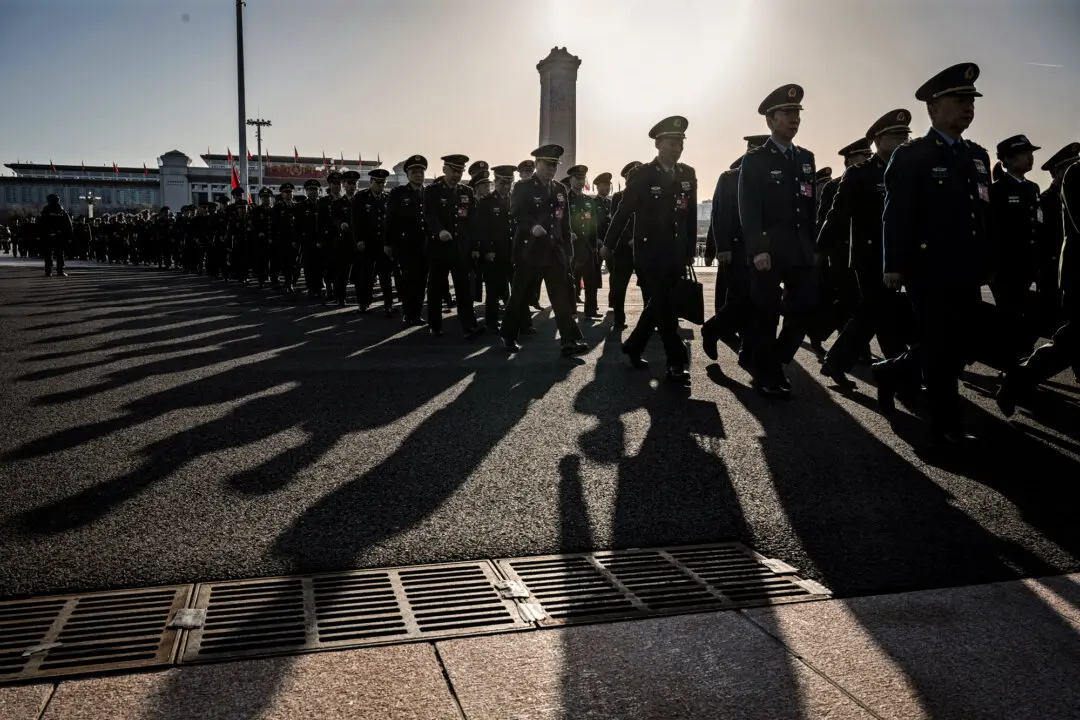The wife of a prominent human rights lawyer was detained by Chinese police while on her way to attend an event at the U.S. Embassy in Beijing, according to activists.
The U.S. Embassy was commemorating Constitution Day, the anniversary of the United States’ adoption of its Constitution, on Sept. 17, with several family members of persecuted human rights lawyers invited to attend.
On the evening of Sept. 17, Li Wenzu (no relation), the wife of fellow human rights lawyer Wang Quanzhang, posted on Twitter that she had lost contact with Wang Qiaoling for three and a half hours. Li Wenzu said that while Wang was on the way to the embassy event, she disappeared after entering the subway, and her friends weren’t able to contact her.
Li also revealed that she had contacted Wang that morning, who said four plainclothes police were following her husband. The day before, local police warned Li Heping not to go to the U.S. Embassy event, and asked him to tell Wang not to go either.
At about 10:24 p.m. local time on Sept. 17, Li Wenzu finally received a text message from Wang. Wang told her that while she was walking from the Dongfeng Beiqiao subway station at 5:19 p.m. that evening and looking at her cellphone, she was stopped by two plainclothes police. When they tried to take her cellphone, she struggled and tried to call a friend with her phone. But the two men pinned her to the ground and snatched her phone.
Five or six people then came out of three police cars, pushed her into one of the cars, and drove to a community near her home, where they dropped her off. After returning home, she felt pain in her arms and shoulders from being dragged by the police, Wang recounted to Li Wenzu.
She expressed her gratitude toward the ambassador for “listening to us with concern about the case of attorney Yu Wensheng and the cases of other human rights defenders,” she wrote in the post.
Li’s Advocacy
Li Heping garnered prominence for defending political dissidents and vulnerable groups in China.He also sought to appeal on behalf of blind activist Chen Guangcheng and fellow rights attorney Gao Zhisheng. In 2006, he defended environmental activist Tan Kai, founder of the environmental group “Green Watch.”
In 2007, Li and five other Beijing-based human rights lawyers represented Wang Bo, a Falun Gong practitioner, in a prominent case in Shijiazhuang City. In their defense of Wang Bo’s innocence, they jointly published “The Constitution is Supreme, Freedom of Religion”—the first time Chinese lawyers applied Chinese law to systematically defend Falun Gong practitioners as innocent.
The defense statement would be frequently referenced by rights lawyers when representing other Falun Gong practitioners.




